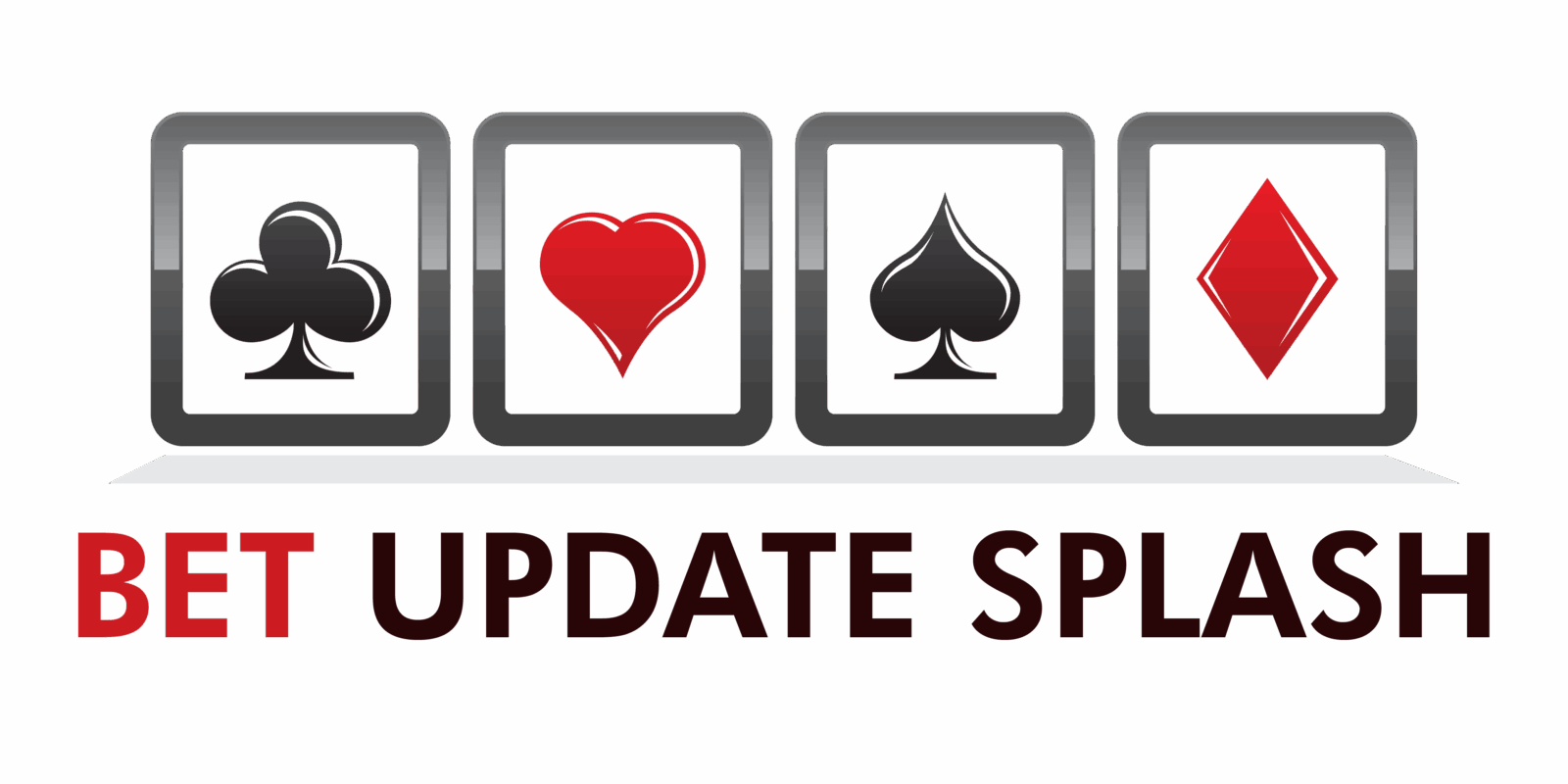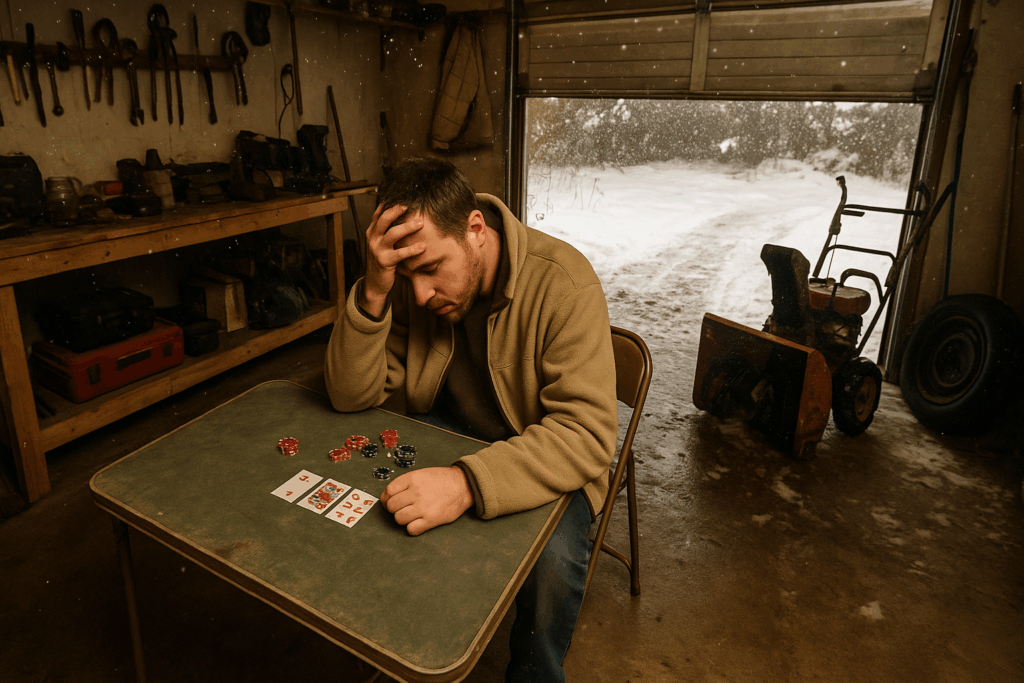Why Early Detection Matters
Gambling, in itself, isn’t the issue. For many, it’s an occasional activity—some fun at the casino, a sports bet with friends, the odd lottery ticket. But problem gambling is something else. It’s when the behavior shifts from entertainment to compulsion. When gambling starts to cause stress, financial trouble, or harm to relationships, it’s no longer just a game.
The danger lies in how quietly that line gets crossed. What starts as a habit can turn into a pattern of denial and damage. Most problem gamblers don’t recognize the signs until they’re neck-deep. Ignoring early red flags—like increased betting, chasing losses, or hiding the habit—can lead to a full-blown addiction that’s tough to pull back from.
Certain groups are more at risk. Young adults, especially males, are more drawn to fast-paced, high-risk bets. People dealing with anxiety, depression, or a history of addiction are also more vulnerable. And in an age where betting’s available non-stop on your phone, staying in control takes more than willpower. It takes awareness—and action.
Key Behavioral Warning Signs
Problem gambling rarely kicks the door down all at once. It starts with subtle shifts—behaviors that, on their own, might not raise alarms. But pay close attention. The pattern is there.
Chasing losses is a classic red flag. After a bad run, someone might double down, convinced the next bet will turn it all around. It’s less about strategy, more about desperation. When bets keep getting bigger to cover past mistakes—or just to feel the same rush—you’re staring down a dangerous slope.
Lying or hiding gambling habits is another key sign. If someone downplays their time spent betting, hides transaction records, or makes excuses about unexplained absences or money issues, that secrecy isn’t random. It’s protective behavior, and it usually means things have gone too far.
Then there’s the refusal to stop—even when the cost is obvious. Lost savings? Strained relationships? Poor work performance? These consequences pile up, but the gambling continues. That disconnect signals a serious problem.
Lastly, watch the emotional rollercoaster. Problem gambling often drags people through sharp highs and crushing lows. Elation after a win, followed by anxiety, irritability, or even depression after a loss. It’s not just bad luck—it’s a disorder with emotional whiplash baked in.
Knowing these behaviors is step one. If you see the pattern, don’t ignore it.
Financial Red Flags
One of the clearest indicators of problem gambling is financial instability. When gambling behavior shifts from recreation to compulsion, money problems usually follow close behind. Being aware of the less obvious financial warning signs can help with early detection and timely intervention.
Sudden or Unexplained Money Issues
It’s not uncommon for individuals with gambling problems to experience sudden changes in their financial status. These may not always be dramatic but are part of a concerning pattern:
- Frequent complaints about being broke despite a stable income
- Difficulty explaining where money has gone
- Missed bill payments or defaulting on loans without a clear reason
Borrowing or Stealing to Fund the Habit
As gambling becomes more compulsive, some individuals may resort to desperate measures to fuel their behavior:
- Asking friends or family for money without a valid explanation
- Making frequent cash advances, payday loans, or other high-interest borrowing
- Stealing money or valuables from loved ones, workplaces, or personal accounts
These behaviors not only damage financial health but can also strain or destroy relationships.
Constant Financial Stress and Secrecy
Ongoing financial stress is another red flag:
- Regularly expressing anxiety about money without offering clear details
- Hesitation or refusal to discuss finances openly
- Avoiding statements, notifications, or shared accounts to hide gambling losses
If these signs appear in combination or escalate over time, it’s a strong indication that gambling may be at the root of the problem.
Having open, non-judgmental conversations and encouraging access to professional financial or addiction support is essential when these behaviors surface.
Impact on Relationships and Daily Life
When gambling starts interfering with daily responsibilities, it’s more than just a bad habit—it’s a red flag. One of the first signs is a noticeable dip in work or academic performance. Missed deadlines, low output, or slipping grades can point to someone prioritizing gambling over their commitments.
Then there’s the social fallout. People caught in a gambling spiral often pull away from friends and family, either out of shame or the desire to avoid confrontation. Invitations get ignored. Messages go unanswered. Isolation becomes a pattern.
Emotional shifts seal the picture. Frequent mood swings, snap reactions, or underlying anxiety can suggest someone’s struggling beneath the surface. It’s not always rage or breakdowns—sometimes it’s the constant edge in their voice, or the look of someone who hasn’t slept well in days.
These aren’t just personality quirks. They’re signals that something deeper might be going on—and the earlier we recognize them, the better the chances of turning things around.
Digital Age Complications
The shift to always-on digital access has quietly changed the shape of gambling. It’s no longer something that only happens at a casino or through a bookie. Now, betting lives in your pocket—apps, live odds, and push notifications are just a tap away, 24/7. This kind of constant proximity makes moderation a lot harder. Temptation doesn’t wait for Friday night anymore; it shows up during lunch breaks, during commutes, and in moments of boredom.
Mobile gaming has folded betting mechanics into entertainment—loot boxes, fantasy leagues, in-play betting—all wrapped in sleek interfaces that make high-stakes decisions feel casual. Add in instant deposits and seamless transactions, and the friction that once gave people pause is gone.
Worse yet, the anonymity and comfort of digital spaces can trick users into thinking they’re in control. It feels private, harmless even, because it’s happening on your phone or tablet—not across a poker table. But the losses add up just the same, often faster. Recognizing this illusion of control is one of the first steps toward protecting yourself—or someone else—from spiraling further.
Taking Action: First Steps
Recognizing there’s a problem is often the hardest part. Whether it’s a personal wake-up call or concern coming from someone close, the first step is honesty. For some, a quiet moment of self-assessment—looking at patterns, losses, and motivations—is enough to break denial. For others, a direct conversation from a friend, family member, or coworker can be the moment things start to shift.
These conversations don’t have to be confrontational. They need to be clear, calm, and rooted in care. Focus on patterns you’ve noticed: frequent borrowing, behavior changes, emotional swings tied to wins or losses. It helps to come prepared with options instead of just criticism.
Support tools are out there. From helplines to online quizzes, from community forums to self-exclusion programs, there are pathways that don’t require a public confession. Digital boundaries like blocking gambling sites or setting up spending limits are small but strategic moves that help. Apps, browser add-ons, and even support groups have become easier to access than ever before.
This isn’t about instant recovery. It’s about breaking momentum and starting a change. Even one conversation can reroute a dangerous path.
(Explore more: How Self-Exclusion Programs Help Prevent Addiction)
When and Where to Get Help
Recognizing the problem is the first win. The next step is finding the right support. Thankfully, no one has to face problem gambling alone. There are professionals who specialize in this exact battle: licensed therapists trained in addiction, community-based helplines, and even anonymous peer support groups like Gamblers Anonymous. Whether you’re more comfortable with one-on-one sessions or open dialogue in a group setting, there’s a start point that fits.
Treatment isn’t instant. It’s usually a mix of therapy, habit-rebuilding, and often support for underlying issues like anxiety or depression. Expect to be challenged—there’ll be good days and bad ones. But over time, the fog lifts. Recovery means regaining control, not just quitting the behavior.
Just as important is building a support network. People recover faster and stronger when they’re surrounded by others who understand or simply have their back. That might be close friends, family members, or a peer group facing similar challenges. The goal isn’t to go it alone—it’s to move forward, with a crew that keeps you grounded.
Final Thought
Prevention Over Recovery
When it comes to problem gambling, early awareness is your greatest ally. It’s always easier—and less damaging—to prevent a gambling problem than to undo the harm once it takes hold. Recognizing early warning signs in yourself or someone close to you is the first step toward healthier behaviors.
- It’s easier to prevent than to recover from gambling addiction
- Early interventions reduce long-term emotional and financial damage
- Information and awareness can empower change before it’s too late
Stay Aware, Stay Informed
Problem gambling doesn’t emerge overnight. It builds, often gradually—starting with occasional risky bets and escalating into harmful patterns. The more informed you are, the more likely you’ll catch these shifts before they become entrenched.
How to Stay Proactive:
- Regularly evaluate your own habits and triggers
- Support friends and family by checking in and asking questions
- Keep support resources bookmarked and visible
Bottom Line: Don’t wait for a crisis to act. Prevention and early action save careers, relationships, and lives.


 Shawn Sanderselers, co-founder of BetUpdateSplash brings sharp analytical skills and a deep passion for sports data to the platform. With a strong background in sports tech and betting insights, Shawn focuses on delivering real-time updates and innovative prediction tools that enhance the user experience. His expertise ensures readers get accurate, data-driven perspectives on every game.
Shawn Sanderselers, co-founder of BetUpdateSplash brings sharp analytical skills and a deep passion for sports data to the platform. With a strong background in sports tech and betting insights, Shawn focuses on delivering real-time updates and innovative prediction tools that enhance the user experience. His expertise ensures readers get accurate, data-driven perspectives on every game.

